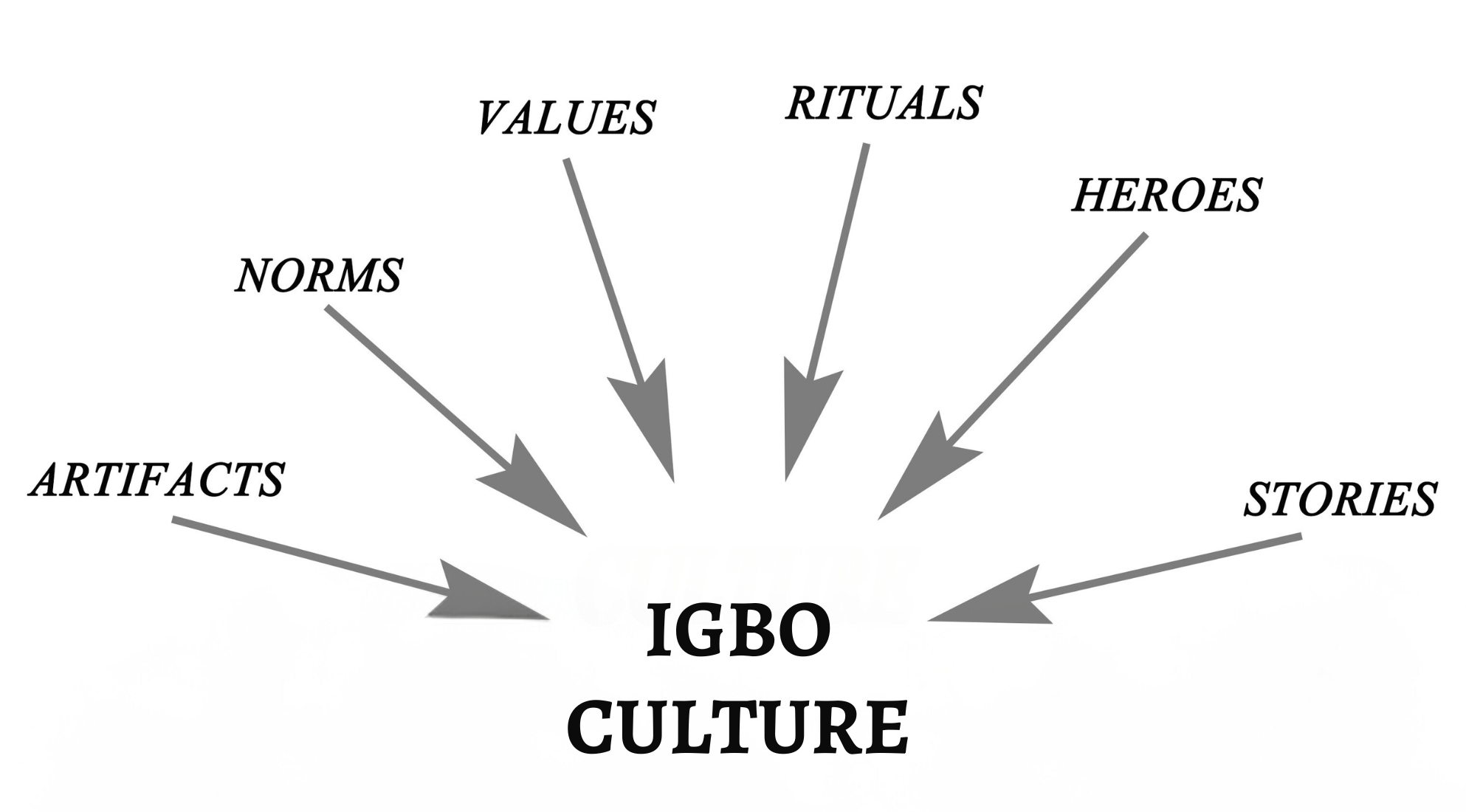Home / Blog

The Igbo community, with its rich tapestry of culture, language, and heritage, stands as a testament to the resilience and vibrancy of indigenous societies in the face of globalization. The Igbo people, primarily found in southeastern Nigeria, have a decentralized community structure that has historically allowed for a significant degree of autonomy and self-governance. This societal framework, characterized by independent village groups and a council of elders, has fostered a strong sense of identity and communal solidarity among the Igbo.
As we look towards the future, the enhancement of the Igbo language, culture, and heritage within this community structure is paramount. Language is not merely a means of communication but the vessel that carries the essence of the Igbo worldview, proverbs, folklore, and the collective wisdom of generations. The preservation and promotion of the Igbo language are crucial in maintaining the community’s unique identity in an increasingly homogenized world.
Cultural practices, from the traditional Igbo attire to the vibrant festivals and intricate dances, are the colors with which the community paints its presence on the global canvas. These cultural elements are not only aesthetically significant but also serve as a bridge connecting the past with the present, ensuring that ancestral knowledge and traditions continue to enrich modern Igbo life.
Heritage, encompassing the tangible and intangible legacies of the Igbo people, is the foundation upon which the community stands. It includes the historical sites, artifacts, and the sacred rituals that have defined the Igbo way of life. Safeguarding this heritage is akin to preserving the community’s soul, allowing future generations to draw strength and inspiration from their roots.
To improve and fortify these pillars of the Igbo community, a multifaceted approach is necessary. Educational initiatives that prioritize Igbo language instruction can instill linguistic pride and proficiency in the youth. Cultural exchanges and festivals can serve as platforms to showcase Igbo traditions, fostering a greater appreciation and understanding both within and outside the community. Finally, the protection and restoration of heritage sites and the documentation of historical narratives can ensure that the Igbo legacy endures.
In conclusion, the Igbo community structure, with its emphasis on collective governance and cultural autonomy, provides a solid framework for the enhancement of language, culture, and heritage. Through concerted efforts in education, cultural promotion, and heritage conservation, the Igbo community can continue to thrive and contribute to the rich mosaic of global diversity.